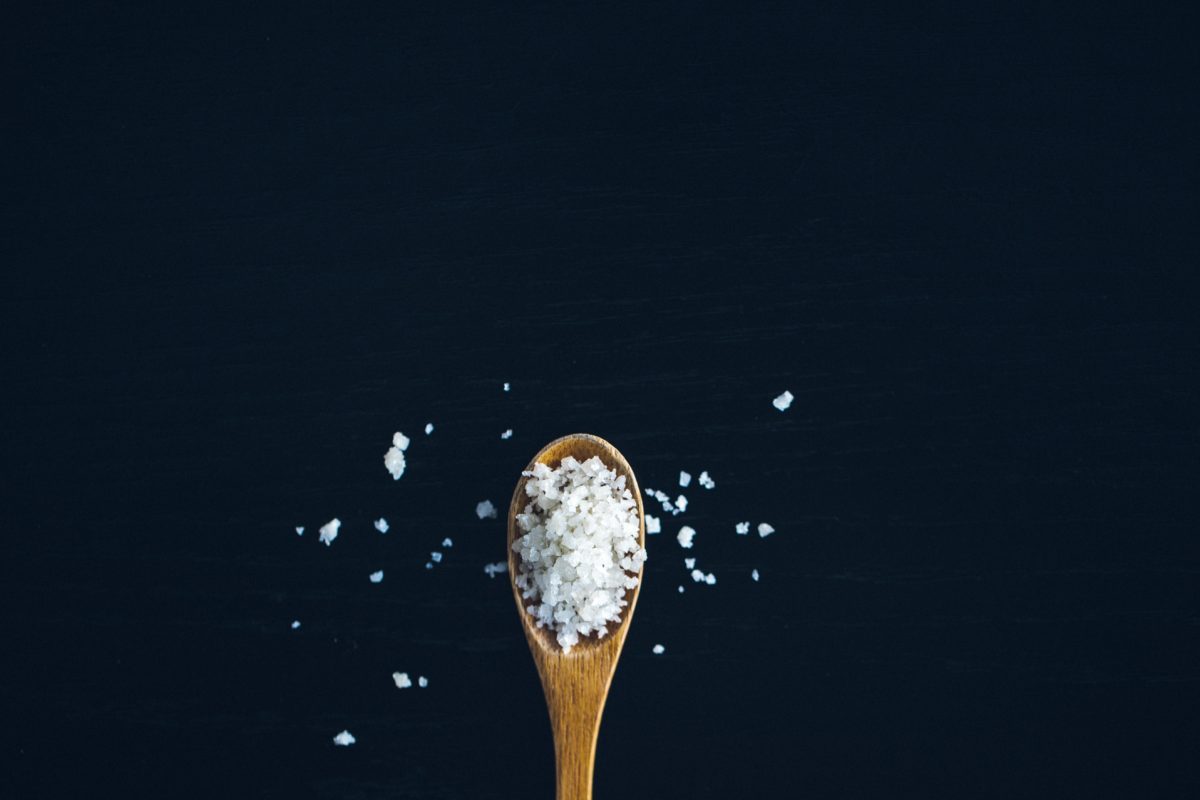The Threat on your Plate: Salt may Increase Diabetes Risk

Photo by Jason Tuinstra on Unsplash
Diabetes is a vicious and life-threatening disease. It is a condition where your blood sugar is continuously and seriously elevated. The excess circulating blood sugar is very destructive, inflaming tissues in the heart and circulation, the eyes, brain, kidneys and nerve tissue.
Type 1 diabetes refers to an autoimmune disease that attacks and destroys the insulin-producing cells in the pancreas. Individuals with Type 1 diabetes always require insulin. Type 2 Diabetes is much more common and occurs when the body’s cells become resistant to the effects of insulin. The most common cause of type 2 diabetes is obesity, in particular, having an apple shaped body or “truncal obesity”. Insulin normally stores sugar in your cells. But too much sugar causes damage to your kidneys, blood vessel walls and eyes. A new study now suggests that too much salt can also result in a higher risk of developing the disease.
Each gram of salt increases your risk
The study, conducted by Dr. Bahareh Rasouli of the Institute of Environmental Medicine at the Karolinska Institutet in Stockholm, Sweden, set out to find the impact of sodium intake on the risk of type 2 diabetes and latent autoimmune diabetes (LADA). LADA is a more slowly progressing disease that does not initially require insulin treatment.
Research published in early January 2017 from the Institute of Endocrinology, Medical Academy and Lituanian University of Health Sciences suggested that the sodium we usually absorb from our daily intake of salt may significantly increase the risk of developing type 2 diabetes. This may be, the team explains, because sodium impacts insulin resistance and excess salt can lead to hypertension and excess weight gain. But none of the previous research looked at sodium intake on the risk of LADA.
Data from a large Swedish cohort study (the Epidemiological Study of Risk Factors for LADA and Type 2 Diabetes) composed of 355 individuals diagnosed with LADA and 1,136 individuals with type 2 diabetes. This data and data from the results of the cohort study were compared to a control group of 1,379 individuals. Participants were asked to fill out questionnaires in order to collect information about their daily diets, including daily caloric, nutrient, and sodium intake. Participants were spit into separate groups depending in their genetic risk factors for diabetes – from “high risk” to “other”.
Researchers found that each extra gram of sodium (or 2.5 grams of salt) per day was linked to a 43% higher risk of type 2 diabetes. For LADA, each extra gram of sodium led to a 73% increase in developing the condition.
Participants were divided into three groups, depending on the quantity of their sodium intake – low consumption, medium consumption, high consumption. Individuals who fell into the high consumption category were at a 58% higher risk of developing type 2 diabetes than the individuals in the low consumption group. People with high genetic risk of diabetes who also had a high daily sodium intake were almost four times as likely to develop LADA as people with a low daily intake of sodium.
Get Started on Getting Healthy
An InVite® Nutritionist or Naturopathic Doctor can assist with your blood sugar concerns by advising you on improvements in your diet, weight management, and lifestyle changes. They can advise on proper nutrition and create a suitable protocol for you that includes all of the right foods and the best dietary supplements for your targeted health needs. Proper nutrition is extremely important for blood sugar health issues. The correct combination of vitamins, minerals and herbs, when taken as part of the diet, can help improve and protect the overall health and well-being of individuals with blood sugar problems.